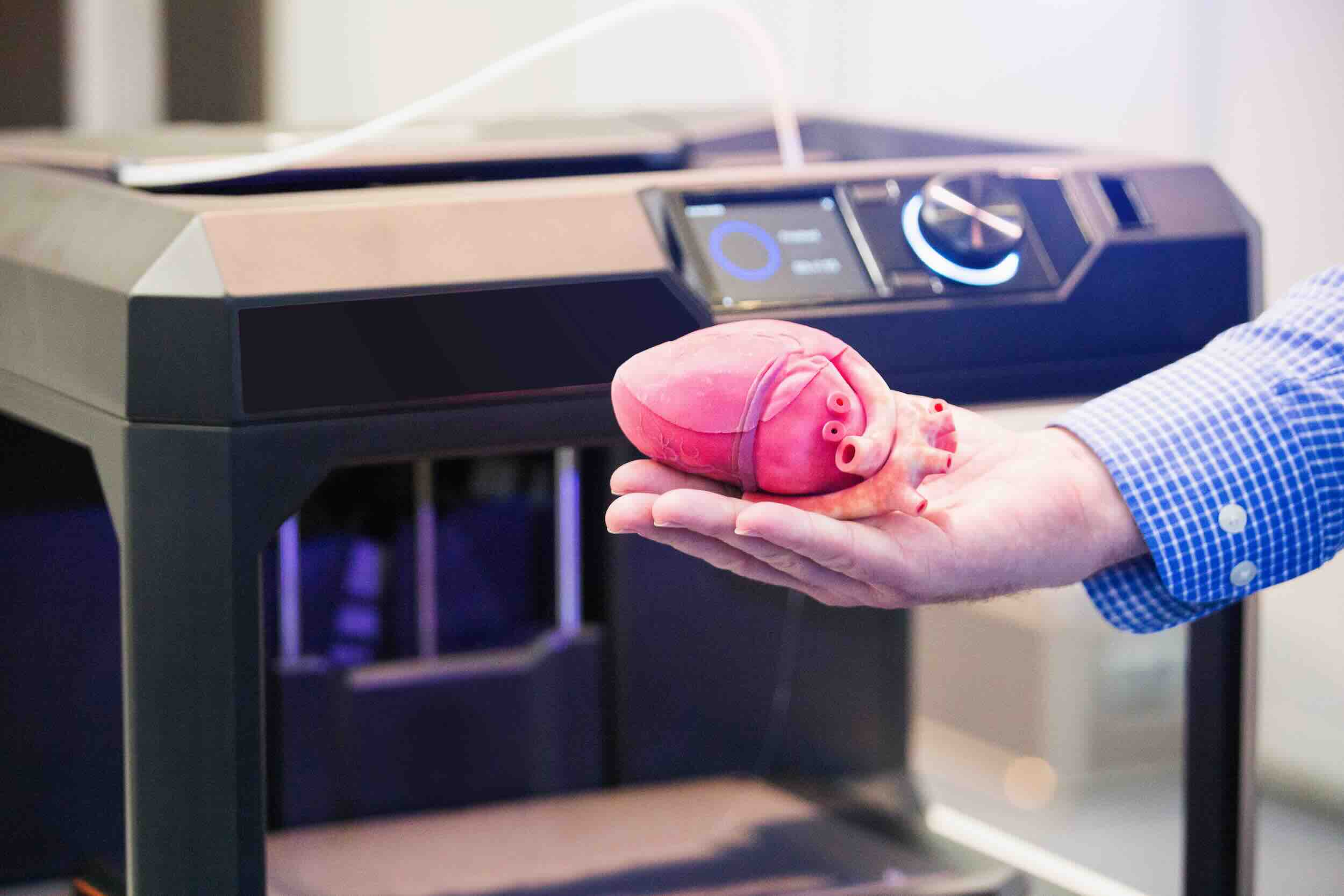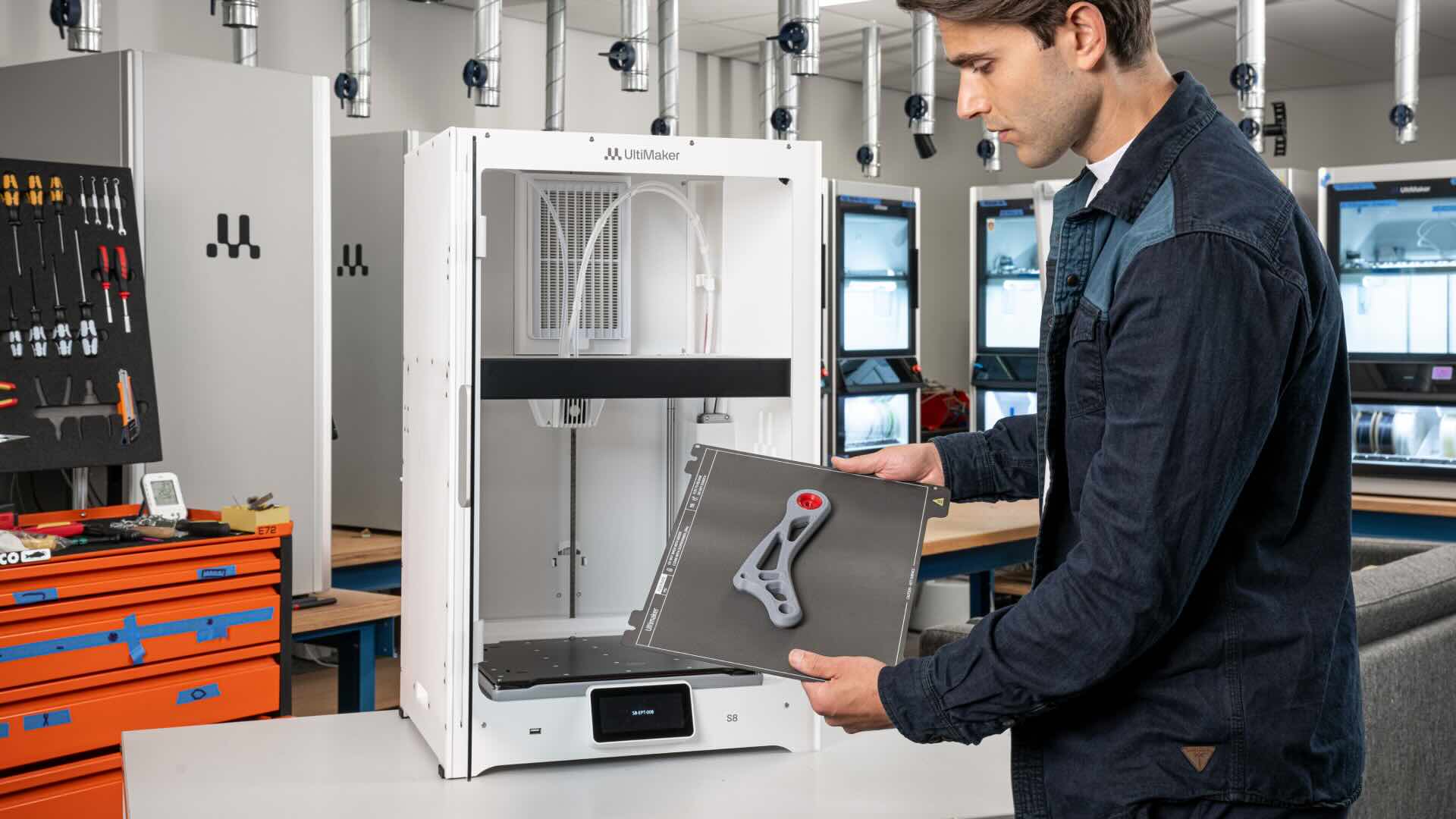3D printing artificial organs took centre stage at a high-level conference held at the Apollo Knowledge City campus in Chitoor, Andhra Pradesh on Wednesday. The event, jointly organised by Apollo University, the Indian Institute of Technology (IIT)-Tirupati, and Apollo Institute of Medical Sciences and Research (AIMSR), brought together medical experts and engineers to explore breakthrough technologies in biomedical manufacturing.
The conference, titled ‘3D Printing Process of Artificial Organs’, featured live demonstrations of the latest advances in creating replacement body parts through additive manufacturing techniques. These demonstrations highlighted how 3D printing artificial organs could significantly reduce production time while maintaining high precision, potentially transforming treatment options for patients awaiting organ transplants.
Experts Highlight advances in 3D Printing Artificial Organs
Apollo University Vice-Chancellor Vinod Bhat emphasised the transformative impact of these technologies during the event. “The 3D printing technologies will revolutionise the diagnostics and medical treatment fields in the coming years,” he stated, pointing to the growing role of digital fabrication in personalised healthcare solutions.
Dr. Mamilla Ravi Shankar from IIT-Tirupati addressed the rapid evolution of the field, particularly in implant finishing and coating for biomedical applications. He urged medical students in attendance to continuously update their knowledge, underscoring how quickly 3D printing artificial organs is advancing as a discipline at the intersection of medicine and engineering.
The conference served as a platform for knowledge exchange between institutions, with faculty and scientists from all three organising bodies contributing to the demonstrations and discussions. Senior professors V. Subhadra Devi, Ravi Shankar, and Satyanarayana led practical sessions explaining the technological innovations behind 3D printing in medical applications.
Practical Demonstrations and Future Commitments

A highlight of the event included Ketan Jajal, Founder and CEO of 3D Surgical, demonstrating a module on creating artificial organs to medical students in attendance. This hands-on approach provided attendees with practical insights into the processes and technologies that make 3D printing artificial organs possible.
The demonstrations showcased how digital models can be translated into physical organs with anatomical accuracy, potentially reducing wait times for critical transplants and allowing for patient-specific customisation not possible with traditional organ donation systems.
Reflecting the significance of these advances, medical professionals and faculty from AIMSR concluded the event by taking a formal oath to “constantly strive to explore the opportunities of this technological advancement.” This commitment signals growing recognition within the medical community of how 3D printing artificial organs could address critical shortages in transplantable organs.
The collaboration between medical institutions and engineering experts exemplifies the multidisciplinary approach required to advance 3D printing artificial organs from experimental concept to clinical reality. By bringing together specialists from various fields, the conference highlighted the importance of cross-sector partnerships in developing medical innovations.
As research continues to advance, the ability to create functioning artificial organs through 3D printing technologies could potentially reduce dependency on organ donors while offering patients customised medical solutions tailored to their specific anatomical needs.
About Manufactur3D: Manufactur3D is an online magazine on 3D Printing. Visit our Indian Scenario page for more updates on 3D Printing News from India. To stay up-to-date about the latest happenings in the 3D printing world, like us on Facebook or follow us on LinkedIn and Twitter.












